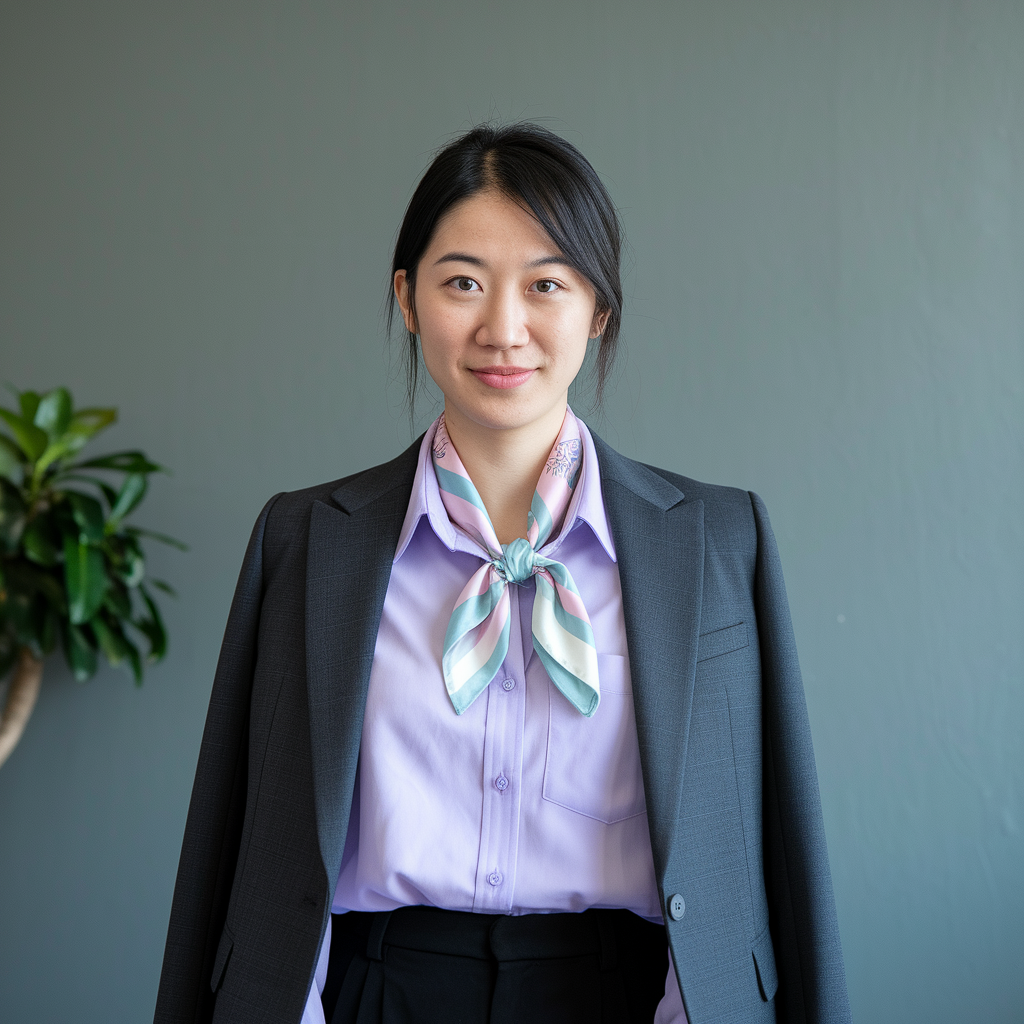Nathaniel Chastain, a former product manager at OpenSea, has had his fraud conviction reversed by a U.S. federal appeals court. The appeals court pointed to several fundamental defects in the jury instructions that were delivered during Chastain’s first trial. In 2022, Chastain was found guilty of defrauding a cryptocurrency investor. He misrepresented the potential value of non-fungible tokens (NFT) in the process.
The case centered around claims made about Chastain. He purportedly falsely advertised the expected returns on and worth of algorithmically created NFTs, especially those connected to the Fidenza assortment. The lawsuit, brought by a disgruntled crypto investor, was seeking damages of $1 million. He claims that Chastain defrauded him into purchasing NFTs through deception.
Prosecutors had contended that Chastain had taken advantage of the investor’s lack of experience with the unpredictable NFT market. Publicly, they argued that Chastain used his position and expertise to unduly influence the investor’s decisions.
The defense held firm to the argument that the transaction was a sound commercial move grounded in economically rational market expectations. They asserted that Chastain’s actions were customary business practices and not fraudulent.
Of course, the appeals court’s decision isn’t about whether Chastain is guilty or innocent. Rather, it suggests grave procedural missteps in the first trial. Indeed, the court emphasized that the jury instructions were inadequate. These infractions were insufficient to determine whether Chastain’s conduct met the legal standard for fraud.
The appeals court found that the jury instructions were inadequate in three crucial areas. Because of this, they determined that the original guilty verdict should be overturned. The ruling underscores just how difficult it is to apply common fraud statutes. These laws are often hard pressed to keep up with the rapidly evolving world of cryptocurrency and NFTs. It further highlights the need for clear and specific jury instructions when determining a fair and impartial jury.




